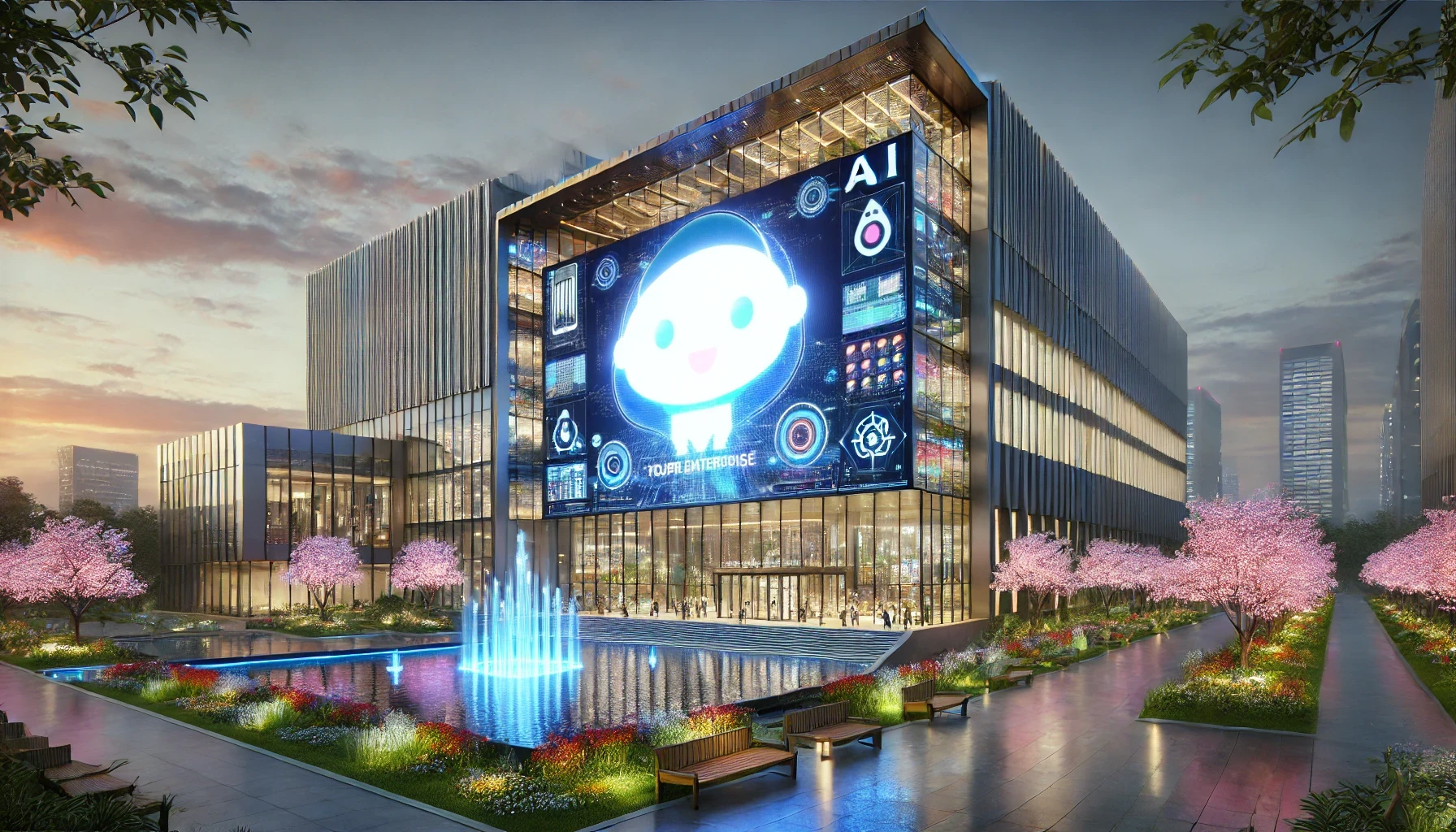
How Enterprises Leverage AI to Improve Their Business Results: 5 Illustrative Cases
The second year of generative AI’s broad emergence has propelled AI to the top of corporate agendas. Recent surveys show that the range of AI adoption remains wide—some companies are just starting to experiment, while others are all-in.
According to PwC, companies delaying AI integration into their business processes may find themselves far behind, and for some, it will be challenging to catch up. While early adopters already reap the harvest of their investments.
In this article, I’m delving into how the corporate world is leveraging AI capabilities and what the results are.
Enterprises are Massively Adopting AI
PwC surveyed 1,001 US business and technology executives whose organizations use or intend to use AI and found that 43% have already deployed GenAI into their employee systems for operational tasks, while 35% have covered both employee and customer systems.
What Are the Results of AI for Businesses
The results are visible. 41% of respondents acknowledged enhancement of customer experience, and 40% saw improvements in cybersecurity and risk management due to investing in Responsible AI, which means a holistic approach to AI deployment.
Real Cases With Numbers
AI in Customer Service: Bank of America
Bank of America (BoA) is a prime example of leveraging AI in customer service through its virtual assistant, Erica. Erica uses natural language processing (NLP) and advanced machine learning to interact with customers, providing financial guidance, support, and even predictive insights into customer spending.
Since its launch in 2018, Erica has engaged with over 2 Billion Interactions and Helped 42 Million Clients. Over the last six years, Erica’s capabilities have expanded to support individual and corporate clients across the enterprise. BoA reported that Erica has significantly reduced the call volume to its customer service centers, cutting costs and improving customer satisfaction.
AI-Enhanced Hiring at Unilever
Unilever has incorporated AI into its hiring process, leveraging tools that screen resumes and conduct initial interviews using AI algorithms. The AI evaluates candidates’ facial expressions, language, and even tone of voice to make hiring recommendations. This has allowed Unilever to screen 250,000 applications in a fraction of the time it took, saving over 70,000 hours of HR work annually.
Unilever has seen a significant acceleration in the recruitment process. The time spent on recruiting a new employee was reduced by 75%.
AI-security and fraud prevention at MasterCard
Mastercard uses GenAI to improve its fraud prevention Decision Intelligence system, which helps banks score and safely approve 143 billion transactions annually. The technology will scan an unprecedented one trillion data points to predict whether a transaction will likely be genuine, reducing the number of false positives by more than 85%.
The tool provides an improved assessment of account, merchant, and device data, increasing fraud detection rates by up to 20% on average and, in some cases, by as much as 300%.
AI becomes a core business for Accenture
Accenture, a global leader in professional services, is heavily investing in AI, signifying its critical role in future business transformations. According to Reuters, Accenture’s GenAI business takes center stage in quarterly results beat, outpacing the growth in its other core businesses as organizations look to automation to curtail costs and improve efficiency.
Generative AI revenue stood at $900 million for the fiscal year, compared to $100 million last year. Bookings have shown robust quarter-on-quarter acceleration for the past four quarters, reaching $3 billion for the year.
AI-Driven Path to Customer Centricity at Allianz
Allianz, a leading insurance company, embarked on a transformative journey by integrating AI into its operations. Allianz Direct, a branch focused on direct insurance, targeted “smart shoppers” and “price seekers,” offering them competitive pricing and a broad online presence. Due to its scalable platform strategy, Allianz Direct achieved a 15% revenue growth and a 30-50% cost reduction.
Moreover, the implementation of AI at Allianz has led to more than 90% customer satisfaction ratings following the reimagining of the customer experience.
Wrapping it up
As illustrated in these real-world examples, the integration of AI has led to measurable, often transformative, results. Companies not investing in AI risk being left behind in an increasingly data-driven world.
Key Numbers Recap:
- Bank of America: 2B customer interactions handled by AI.
- Unilever: 70,000 HR hours saved annually.
- MasterCard: the number of false positives reduced by more than 85%.
- Allianz: 30-50% reduction in costs.
- Accenture: 9x revenue growth.
The agency underlines that AI isn’t a one-time exercise; it’s an ongoing commitment that needs to be woven into every step of developing, deploying, using, and monitoring AI-based technologies.